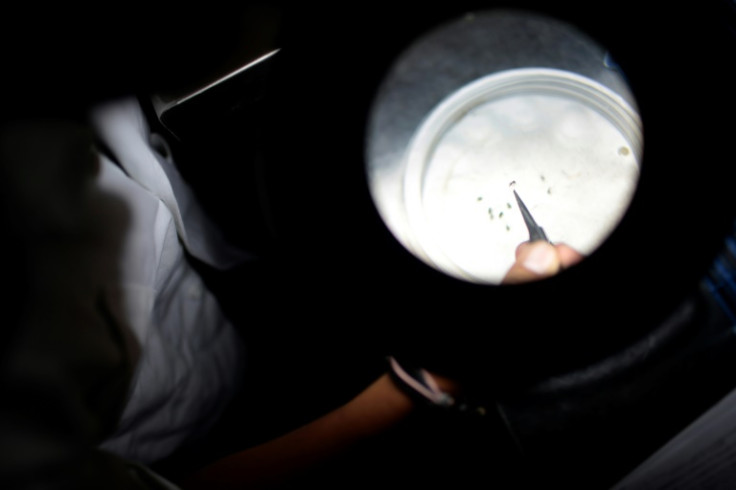Avian Flu Suspected On Marion Island, Linked To Seabird Deaths

The Department of Forestry, Fisheries, and the Environment announced that the High Pathogenicity Avian Influenza (HPAI) virus may have reached Marion Island, one of South Africa's sub-Antarctic islands in the southern Indian Ocean.
The first suspected case was observed in mid-September 2024 involving a Brown Skua. Then, earlier this month, five more suspected cases were reported, affecting three Wandering Albatross chicks and two Southern Giant Petrel adults.
This virus is suspected to be behind the recent deaths of at least three seabird species that breed on the island. Currently, 11 personnel stationed on the island for the winter are closely monitoring the situation, SA News reported.
They have been trained to spot potential signs of HPAI in birds and seals, and they are using specific methods to track and prevent the virus from spreading. These personnel are also gathering data to help guide decisions on how to respond effectively.
The virus likely arrived on Marion Island through migrating birds, which can carry it over long distances. The HPAI (H5N1) strain has spread globally since 2021 and was found in seabirds and marine mammals in South Georgia, near South America, in Oct. 2023.
The Department of Forestry, Fisheries, and the Environment reported that the virus reached Antarctica in February 2024, and suspected cases were later found in Southern Elephant Seals on Possession Island in the Crozet Archipelago, located east of Marion Island, on Oct. 21, 2024.
Marion Island and nearby Prince Edward Island, known as the Prince Edward Islands, serve as critical breeding and molting sites for millions of seabirds, including nearly half of the world's Wandering Albatrosses and hundreds of thousands of penguins.
These islands are also home to large populations of Southern Elephant Seals and both Sub-Antarctic and Antarctic Fur Seals.
As the managing authority for the Prince Edward Islands, the Department has collaborated with Western Cape Veterinary Services, marine ornithologists, marine mammal biologists, disease experts, and international partners to create a protocol for managing High Pathogenicity Avian Influenza in seabirds. Together, these groups aim to monitor the virus and work to contain its spread on the islands.
Last week, Minister of Forestry, Fisheries, and the Environment Dion George urged strong and coordinated efforts to address wildlife crimes, which threaten the country's rich biodiversity and the eco-tourism industry.
© Copyright 2025 IBTimes ZA. All rights reserved.


















